Recovery from break-ups and rejection is one of the hardest and painful experiences someone can go through. Moving away from the person you loved for so long, can be extremely hard.
Because our nervous system is wired to need others, rejection is painful. Romantic rejection especially hurts.
Feeling lonely and missing connection share the evolutionary purpose of survival and reproduction. Ideally, loneliness should encourage you to reach out to others and maintain your relationships.
A UCLA study confirms that sensitivity to emotional pain resides in the same area of the brain as physical pain – they can hurt equally. Our reaction to pain is influenced by genetics. If we have increased sensitivity to physical pain, we’re more vulnerable to feelings of rejection.
Moreover, love stimulates such strong feel-good neurochemicals that rejection can feel like withdrawal from a drug, says anthropologist Helen Fisher. It can compel us to engage in obsessive thinking and compulsive behavior. This proved true even for tsetse flies in lab experiments.
Most people start to feel better 11 weeks following rejection and report a sense of personal growth; similarly, after divorce, partners start to feel better after months, not years. However, up to 15 percent of people suffer longer than three months. (“It’s Over,” Psychology Today, May-June, 2015). Rejection can feed depression, especially if we’re already even mildly depressed or have suffered depression and other losses in the past.
Related: Feeling Depressed After A Breakup? 5 Surprising Reasons Why
Factors Affecting Resiliency
Other factors that impact how we feel in the aftermath of a breakup are:
- The duration of the relationship.
- Our attachment style.
- The degree of intimacy and commitment.
- Whether problems were acknowledged and discussed.
- Foreseeability of the break-up.
- Cultural and family disapproval.
- Other current or past losses.
- Self-worth.
If we have an anxious attachment style, we’re prone to obsess, and have negative feelings, and attempt to restore the relationship. If we have a secure, healthy attachment style (unusual for codependents), we’re more resilient and able to self-soothe.
If the relationship lacked true intimacy, pseudo-intimacy may have substituted for a real, binding connection. In some relationships, intimacy is tenuous, because one or both partners is emotionally unavailable. For example, a partner of a narcissist frequently feels unimportant or unloved, yet strives to win love and approval to validate that he or she is. Lack of intimacy can be a warning sign that the relationship is troubled.

The Effect of Shame and Low Self-Esteem
Rejection can devastate us if our self-worth is low. Our self-esteem affects how personally we interpret our partner’s behavior and how dependent we are upon the relationship for our sense of self and self-esteem. Codependents are more prone to being reactive to signs of disfavor by their partner and tend to take their words and actions as a comment on themselves and their value.
Additionally, many codependents give up personal interests, aspirations, and friends once they’re romantically involved. They adapt to their partner and their life revolves around the relationship. Losing it can make their world crumble if they’re left without hobbies, goals, and a support system.
Often the lack of self-definition and autonomy beforehand prompted them to seek someone to fill their inner emptiness, which not only can lead to relationship problems but resurfaces once they’re alone.
Internalized shame causes us to blame ourselves and/or blame our partner. It can foster feelings of failure and unlovability that are hard to shake. We might feel guilty and responsible not only for our own shortcomings and actions but also for the feelings and actions of our partner; i.e., blaming ourselves for our partner’s affair. Toxic shame usually starts in childhood.
Related : 10 Sources Of Low Self-Esteem And How They Manifest
Break-ups can also trigger grief that more appropriately pertains to early parental abandonment. Many people enter relationships looking for unconditional love, hoping to solve unmet needs and wounds from childhood. We can get caught in a negative “Cycle of Abandonment” that breeds shame, fear, and abandoning relationships.
If we feel unworthy and expect rejection, we’re even liable to provoke it. Healing our past allows us to live in the present time and respond appropriately to others.
The Stages of Grief
One thing that I see over and over is that people expect themselves to just “move on.” Well-meaning friends and relatives may urge you to, only to make you feel worse. Or they devalue the ex you still love and yearn for, which can make you ashamed of your feelings or that you may still want the relationship. Many victims of abuse still miss their ex. It’s more helpful to honor your feelings and recognize that they’re normal.
You may find yourself cycling through these stages of grief:
1. Denial – Can’t believe it’s over, the reason given, or that your ex doesn’t want or love you.
2. Anger – Angry or resentful toward your ex, and maybe jealous of someone taking your place.
3. Bargaining – Trying to get your ex back, even if just in your head.
4. Guilt – About your behavior – can be tied to shame of feeling not enough.
5. Depression (including sadness)
6. Acceptance
You might feel angry in the morning and believe you’ve moved on, only to break down in tears by the afternoon. This is normal, as you process your emotions. It’s natural to long for your ex more when you’re lonely, so balance alone time with activities with friends.
Related: 6 Things That Happen When You Have To Let Go Of Your Soulmate
Healing Tips
For optimal results, start making changes in your relationship with yourself and with others; first, with your ex. Experts agree that although it’s difficult and maybe more painful in the short-run, no contact with your former partner will help you recover sooner. Avoid calling, texting, asking others about, or checking up on your ex on social media.
Doing so might give momentary relief, but reinforces obsessive-compulsive behavior and ties to the relationship. (If you’re engaged in divorce proceedings, necessary messages can be written or conveyed through attorneys. They should not be delivered by your children.)
Related : 14 Ways To Break Up Better and Minimise The Pain
©Darlene Lancer 2018
Written by Darlene Lancer JD, MFT Originally appeared on WhatIsCodependency.com
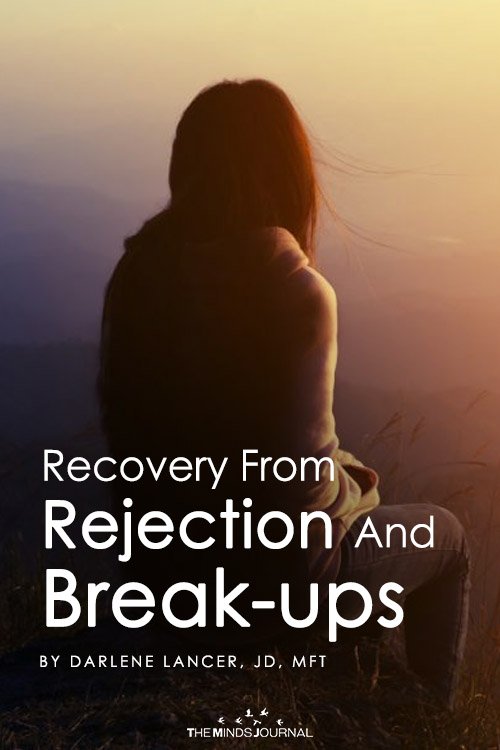


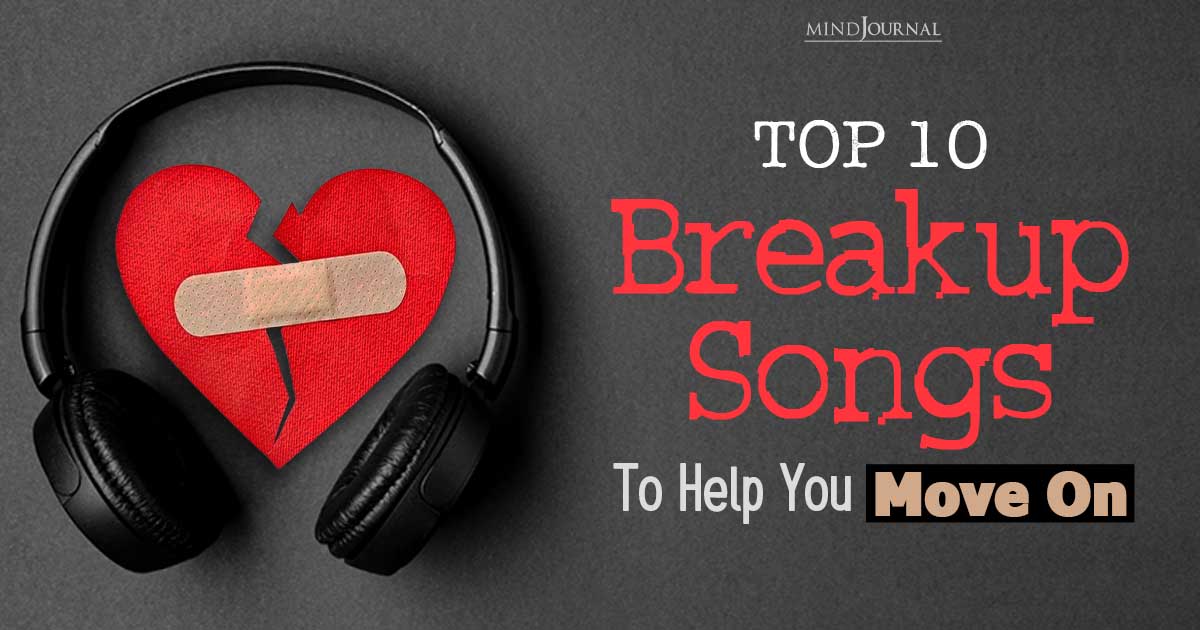
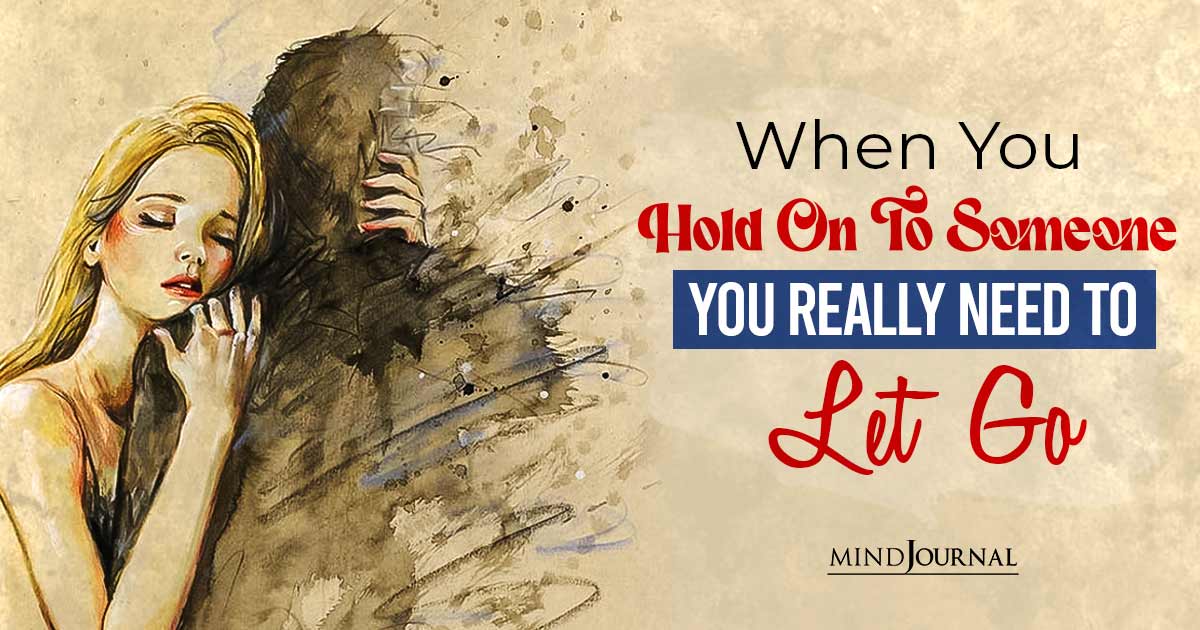
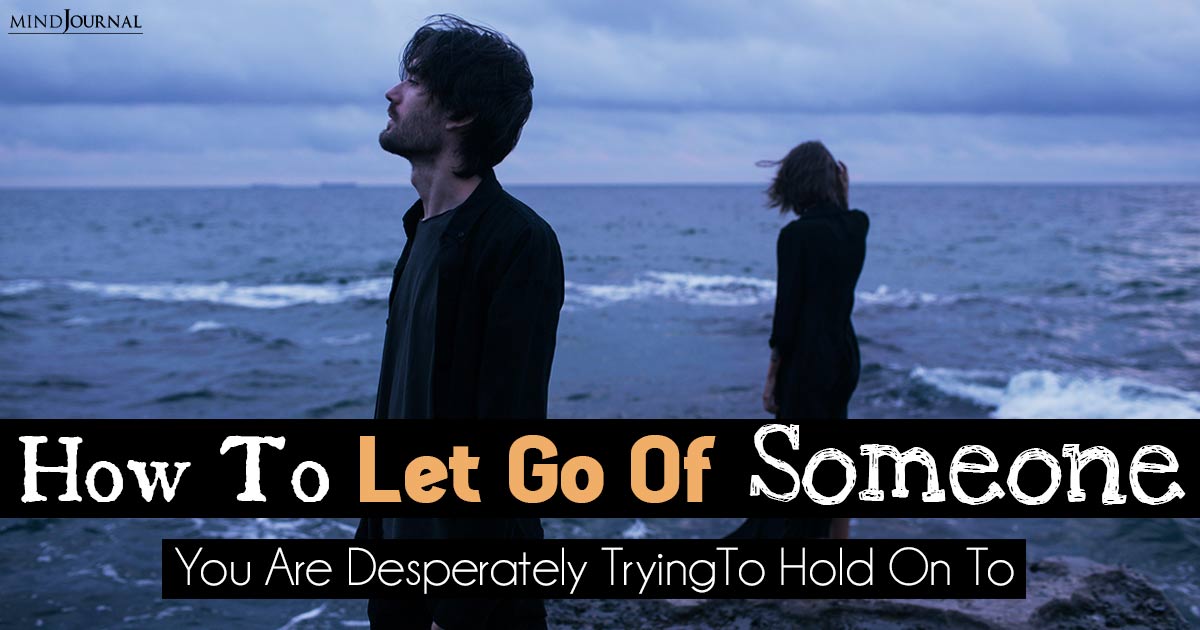
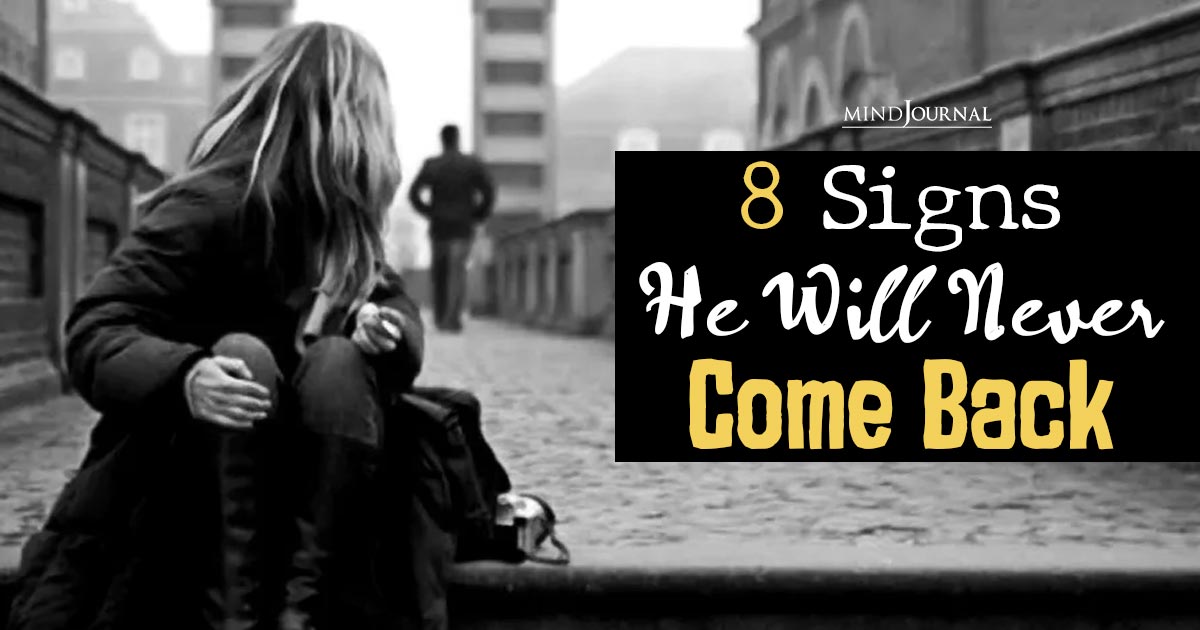
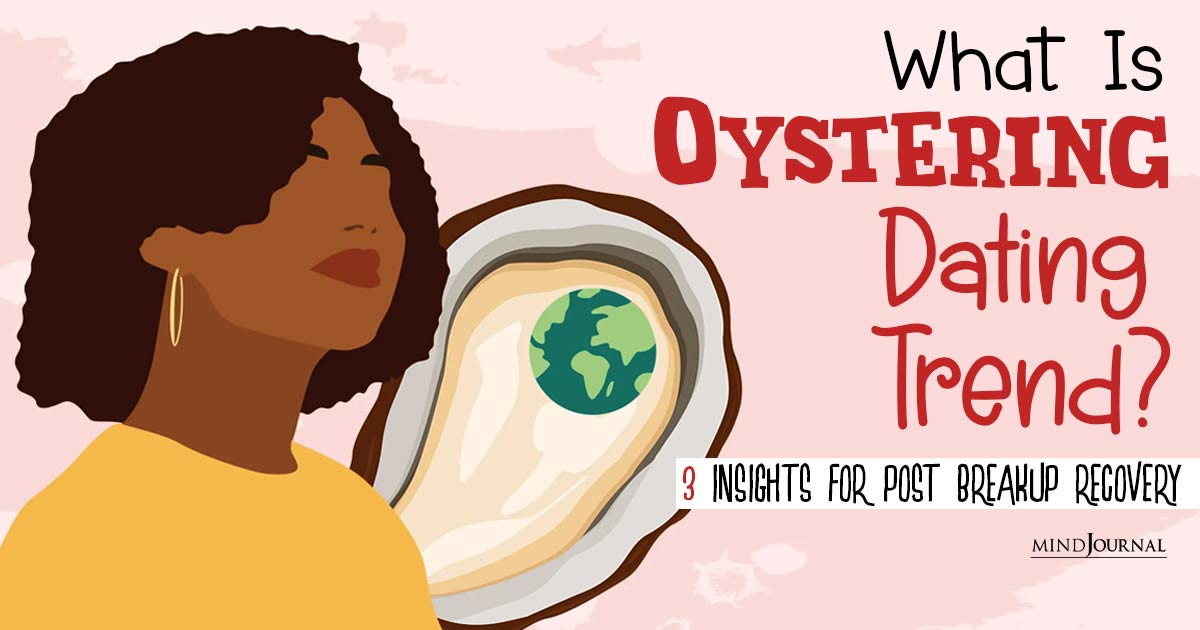
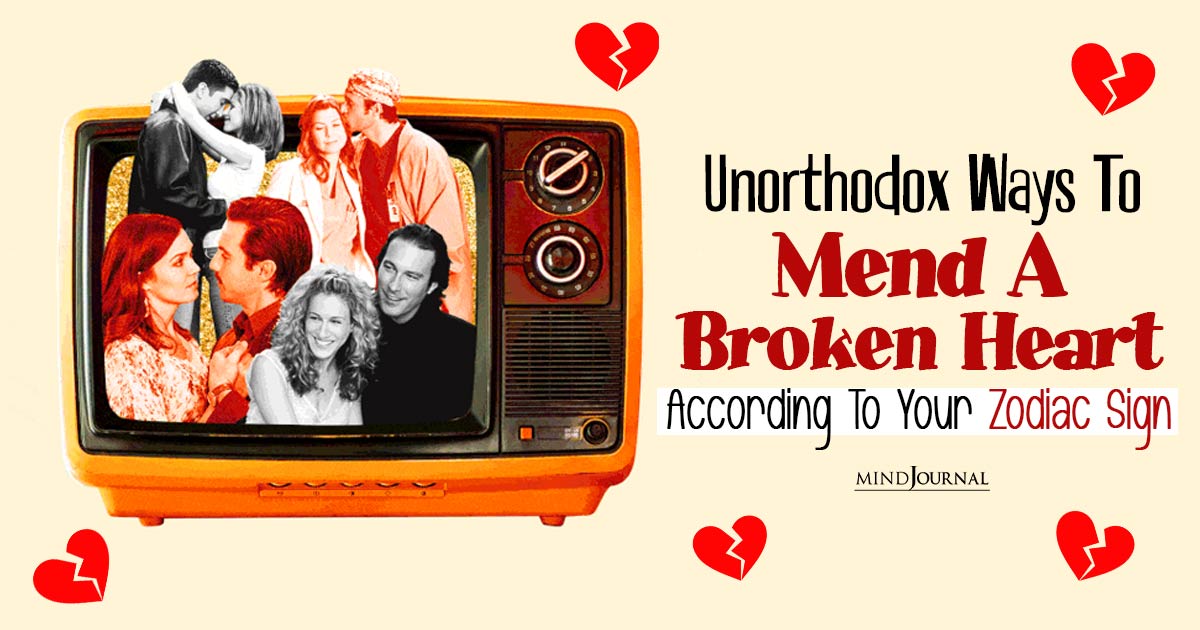
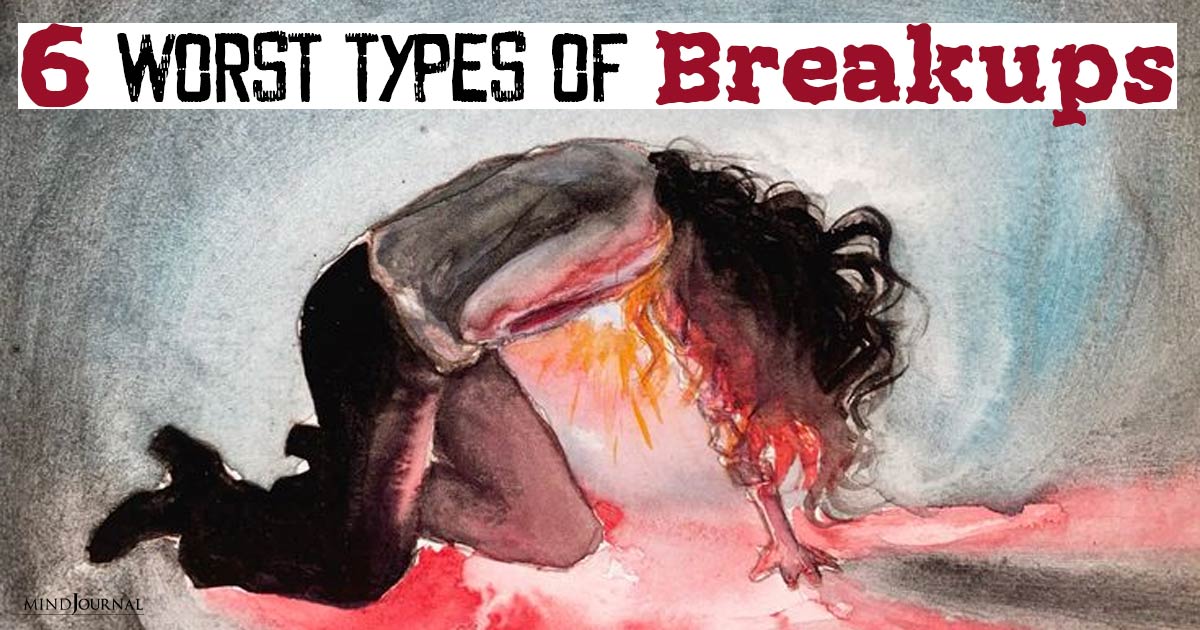
Leave a Reply